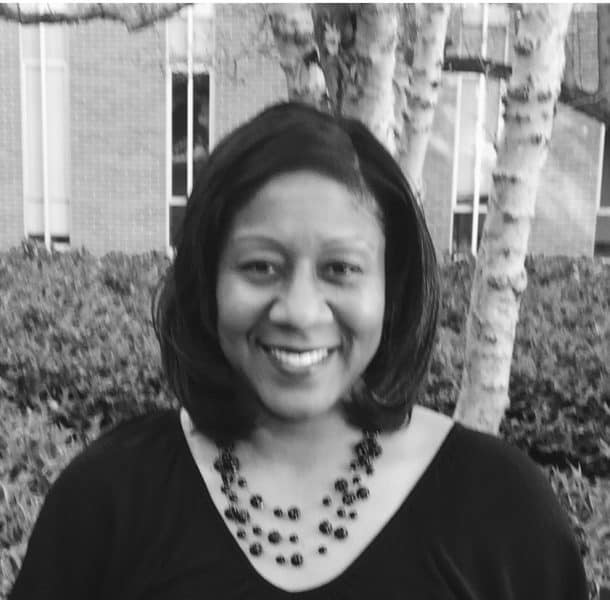Fellow Spotlight: Meet Dr. Cheryl Hicks
My second book project, Black Enchantress: Hannah Elias, Interracial Sex, Murder, and Civil Rights in Jim Crow New York uses the 1904 Platt v. Elias extortion case to explore not only one black woman’s successful attempt to defend herself in New York City’s criminal justice system but to understand the urban North society that she lived in. Between 1903 and 1904, thirty-nine-year-old divorcee, Hannah Elias became famous. Her sexual relationship with eighty-four-year-old retired white businessman John R. Platt became public when prominent resident Andrew Haswell Green (known as “The Father of Greater New York”) was murdered when he was mistaken for Platt, Elias’s lover of seventeen years. Six months later, Platt went to court, charging Elias with having blackmailed him for over $685,000 in the period between 1896 and 1904. The publicity of the case meant Elias’s life became more complicated as her wealthy Central Park West white neighbors of three years discovered that she was black rather than their assumption that she was “Cuban” or “East Indian” or that she was an ”Oriental princess exiled temporarily from her own country.” Sex scandals, tragic murders, and white concerns about racially-ambiguous black residents were not new phenomena in New York, but the Platt v. Elias extortion case sparked local, national, and international attention because it exposed a turn-of-the-century northern city’s struggle to make sense of shifting ideas about racial identity and blackness while still holding fast to national ideas about segregation, criminality, and power. By investigating one black woman’s entanglement with the law, this book tells us more about the myriad anxieties of black and white New Yorkers that emerged as a result of the Gilded Age and Progressive Era’s rapidly changing society.
My work at the Library Company of Philadelphia stems from Elias’s significant individual and familial connections to Philadelphia. Although most known as a New York City resident, she was born in the “City of Brotherly Love” in 1865 and lived there for the first twenty-two-years of her life. In addition, her working-class black family had a long history in Pennsylvania dating back to 1786. My research agenda is shaped by my desire to gain a better understanding of nineteenth-century African-American Philadelphians overall and Elias’s as well as her family’s experiences in particular. Indeed, I am exploring how black freedom was experienced by her relatives before 1865 and what possibilities and challenges Hannah faced as a result of being born one month before the 13th Amendment was ratified? The Library Company’s collections alongside that of the Historical Society of Pennsylvania have provided me with the extensive archival documents needed to excavate African-American life in nineteenth-century Philadelphia which includes investigating the Stevens-Cogdell-Sanders-Venning papers, the Pennsylvania Abolition Society papers, as well as a vast array of sources that illuminate various leaders’ arguments regarding miscegenation, enslavement, education, churches, benevolent societies, civil rights, and popular culture.
A recipient of the 2017/2018 Mellon Scholars Research Fellowship Program, Dr. Cheryl Hicks is an Associate Professor at the University of North Carolina at Charlotte.


![Charles Martin Crandall, Pigs in Clover ([Waverly, N.Y.]: [Waverly Toy Works], [ca. 1889]).](https://librarycompany.org/wp-content/uploads/zinman-games-p-2017-69-80x80.jpg)
